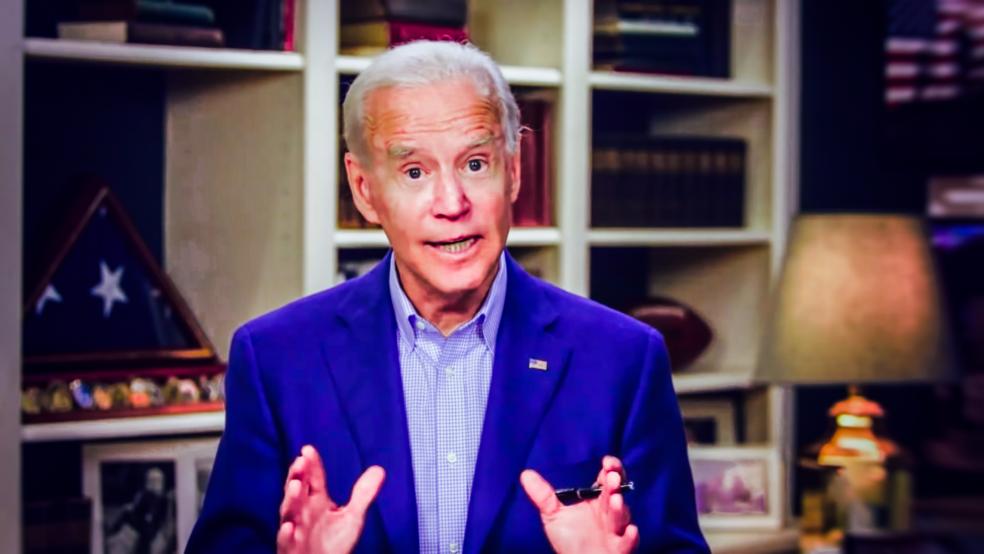Joe Biden’s economic brain trust is shrouded in secrecy, write Jim Tankersley and Thomas Kaplan at The New York Times:
“Some broad contours have become clear. Mr. Biden plays down concerns about the deficit during this recession, aides say, and he has begun soliciting ambitious plans to bridge the gap in earnings and wealth between black and white Americans. His regular briefings are by a small group of liberal economists and others with roots in the Obama White House and Hillary Clinton’s 2016 campaign. And he sees the economic recovery as his foremost duty if he wins the presidency.”
“Yet the details of the policymaking process are closely held. Mr. Biden is now seeking input from more than 100 left-leaning economists and other researchers, but there is little clarity on who has true influence. The Biden campaign recently formed an economic policy committee, which includes these outside experts, and imposed strict rules to ensure their public silence. A three-page document, sent last month ahead of the committee’s first online meeting, warned participants not to circulate email from committee leaders or refer to ‘the candidate or to the campaign’ in documents.”
Campaign officials refused requests from the Times for details about Biden’s roster of economic advisers, but they confirmed that the presumptive Democratic presidential nominee gets regular briefings from at least three establishment liberal economists: Jared Bernstein, Ben Harris and Heather Boushey.
Why it matters: Biden’s campaign has said that, faced with a pandemic-driven recession, he is casting a wide net for bold ideas that can spur growth and address the persistent economic challenges facing the nation. In doing so, the former vice president, seen as a moderate, also faces pressure to veer left and, as the Times puts it, “embrace a bolder agenda of taxing the rich and spending heavily on social programs.”
The secrecy surrounding his advisers also may raise some ethical questions. “It is unethical to formally advise a candidate and publicly advocate the candidate’s views while concealing that relationship,” Kevin Hassett, an economic adviser to President Trump who worked on other GOP presidential campaigns, told the Times.





